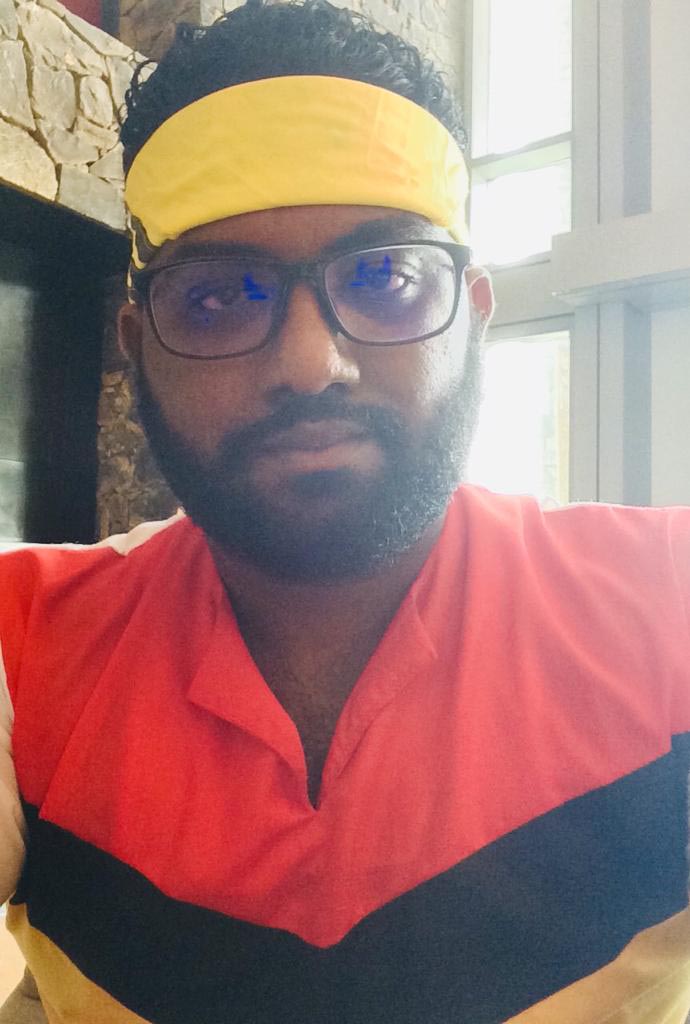
Subraj Singh is an award winning director and playwright, a fiction writer and columnist. His book, Rebelle and Other Stories, won the 2015 Guyana Prize for Literature in the Best First Book of Fiction category.
The Writers’ Room: Although a work of fiction, ‘Holding Cell No. 15’ makes some strong socio-political statements about the place and future of artists in Guyana. What is the one thing you hope your readers will take away from this story?
Subraj Singh: I think that art has tremendous power. Many people, particularly those with political power, know the threat of the arts and, oftentimes, those people take great efforts, through censorship, through the removal of resources for artists, and through advocating for the deliberate lack of developmental opportunities for artists, in order to deprive us of the potential for growth, activism, and the chance for us to connect with a larger number of people in society. The fear that ‘leaders’ and politicians have of artists is reflected in the story .
TWR: Was there a particular moment of inspiration that led to you penning this piece?
SS: The piece, meant to highlight the lack of opportunities for those in the arts, was written a long time ago, around 2014, but it still resonates today, which ultimately proves how little has changed with regards to the treatment of the arts and artists in Guyana.
TWR: As an artist yourself, what do you think is needed to spark a revolution in the local creative industry?
SS: There is nothing left for creative people in Guyana right now. Artists would need to migrate if they want to develop themselves and their craft, before returning and contributing by passing on their knowledge to others who are here. This particular revolution relies on access to training and knowledge that is denied to us simply because we cannot afford the cost of access.
TWR: Did the title have any particular significance?
SS: The title was used because we were due to have elections in 2015 and I was thinking about whether in that year (’15), the artists in Guyana would still be in a mental/developmental holding cell where they’re unable to move forward or progress.
TWR: Can you share with us your writing journey and what inspired you to pursue writing as a career?
SS: I started writing when I was studying English Literature at the University of Guyana. I have written stories, plays, and non-fiction articles…I currently work in education and I am also a columnist. Unfortunately, I don’t have enough time to write to consider it a career at this point. Hopefully, that can change one day in the future.
TWR: Are you working on any projects now?
SS: I am working on a new project, but because, like so many others, I have to juggle several jobs to make ends meet, I think it will be a very long time, perhaps several years, before I am finished with it. It can be difficult to find the time, energy, and even the motivation necessary for writing….The project that I am working on is a massive novel, based on Guyanese history, particularly the era of early colonialism. It is also connected to stories of my family that I heard while growing up, so it is meant to be an intimate project that I will undoubtedly spend years trying to finish and perfect.
TWR: What resources would you recommend to young writers seeking to hone their craft?
SS: Access to knowledge and training – education (undergraduate, graduate, and beyond) in the arts.
Submissions for The Writers’ Room can be sent to writersroom@stabrokenews.com.
Read our guidelines online at: https://bit.ly/2GknVWP.

